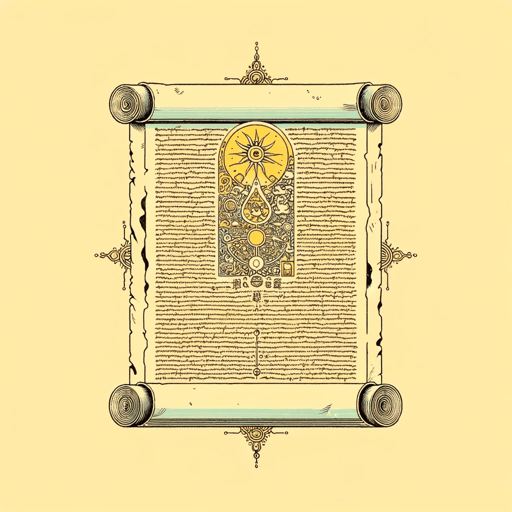49 pages • 1 hour read
James RedfieldThe Celestine Prophecy
Fiction | Novel | Adult | Published in 1993A modern alternative to SparkNotes and CliffsNotes, SuperSummary offers high-quality Study Guides with detailed chapter summaries and analysis of major themes, characters, and more.
Themes
The Limitations of Materialism and Science
Materialism and science are both the beginning point and the ending point of the novel; however, the novel reverses the value that is attached to these ideas. This reassignment of meaning underscores the message of the novel: Personal spiritual transformation involves a fundamental realignment of one’s relationship to the world. The novel begins by diagnosing the problems in human society that are products of the materialism of the modern age; these issues are identified as emotional, relational, and ecological in nature. Each of these dimensions will be transformed in the utopian vision presented at the end of the novel.
Materialism—defining oneself in purely material, and not spiritual, terms—is presented as the logical outcome of the scientific progress of the modern world. A direct consequence of this is “the profound sense of restlessness” that Charlene identifies in Chapter 1 (5). She goes on to observe that “[w]e’re all looking for more fulfillment in our lives” (5) but failing to find it through materialistic pursuits. The narrator embodies this restlessness, when he wonders, “Is everyone as restless as me?” and questions whether “there is really more to life than we know” (10). The end of the novel offers a glimpse of a utopian vision of the future in which humans evolve beyond their restlessness and their frantic pace, ultimately using technology such as automation as a means of “freeing up everyone’s time, so that we can pursue other endeavors” (225).

